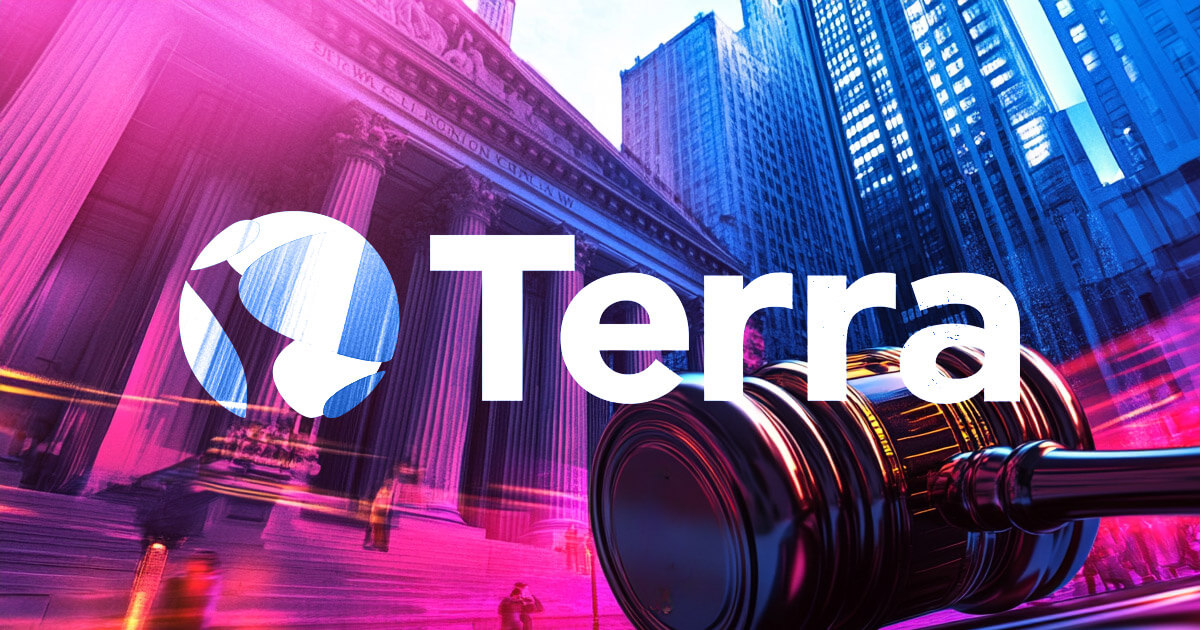An analysis says that it is necessary to prepare a comprehensive response system for possible spillover risks between crypto assets and the traditional financial system. This is because the global crypto asset market recently revealed vulnerabilities similar to those of traditional financial markets such as the bankruptcy of a crypto lending platform.
The Bank of Korea (BOK) said this in its assessment of the vulnerability and implications of the crypto asset market through major global events in an Aug. 18 BOK Issue Note. Last year, the global crypto asset market exposed vulnerabilities similar to those of the traditional financial market, as algorithmic stablecoins TerraUSD and Luna plummeted, and crypto lending platform Celsius, hedge fund Three Arrows Capital (3AC), and crypto exchange FTX went bankrupt.
Crypto lending platform Celsius shut down due to asset-liability maturity mismatches and liquidity risk management failures. The company was unable to respond to sudden requests from customers to redeem their deposits because it managed Ethereum deposited by investors in a way that it could not be immediately withdrawn. Singapore-based hedge fund 3AC went bankrupt after investing in the Grayscale Bitcoin Trust (GBT) using excessive leverage based on optimistic expectations that crypto asset prices would continue to rise. FTX, a cryptocurrency exchange, went bust after it was revealed that it conducted opaque internal transactions with affiliated companies and diverted customer deposits, leading to a decline in trust and a massive withdrawal of funds.
However, the BOK pointed out that the current Korean crypto ecosystem is composed of exchanges centered on simple trading and brokerage due to a relatively strict regulatory approach, including a ban on initial coin offerings (ICOs), so it is unlikely that events similar to those that occurred in the global crypto market will take place. The Act on Reporting and Use of Certain Financial Transaction Information stipulates the obligation to keep customer deposits and equity assets separate, and prohibits the sale, exchange, and brokerage of virtual assets issued by virtual asset providers or their related parties, so it is unlikely that a situation like the FTX incident will occur in Korea, experts say. As the crypto asset custody business is not large and its main customers are crypto asset companies, damage to ordinary customers is not expected to be significant in the event of a negative event.
However, the BOK emphasized that it is necessary to prepare a comprehensive response system for possible spillover risks as a linkage between the crypto asset sector and the traditional financial system strengthen in the future. It is necessary to prepare regulations for crypto assets from the perspective of the same conduct, same risk, and same regulation, and to keep pace with major countries in terms of the speed and intensity of regulations to prevent regulatory differentials between countries.
Credit: Source link















































